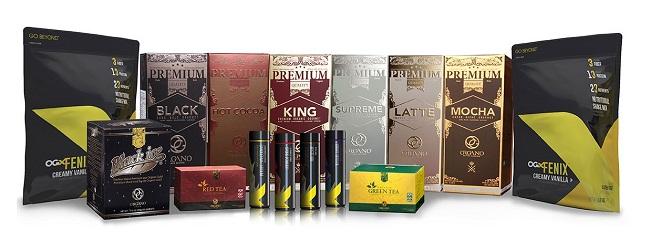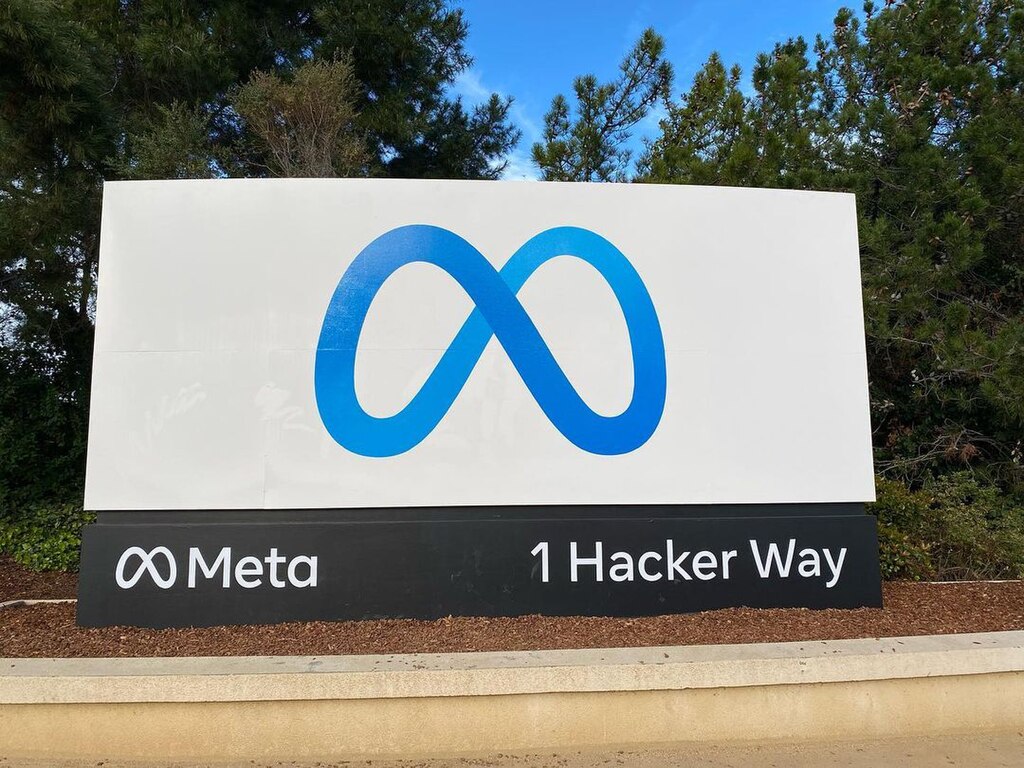ORGANO, a leading producer of healthy food and beverages, is the latest company to join IBM Food Trust, a blockchain initiative that was established to track food, to implement a traceability strategy by sharing key product information to stakeholders.
As per its press release, the platform, dubbed as ORGANO Products Trust, will allow stakeholders, including consumers, suppliers, and distributors to scan a product and interact with detailed information, such as quality assurance, logistics, inspection data, and supplier information.
“We are pioneering an entirely new relationship between supply chain and consumers based on our new Vertical Markets Ecosystem model,” Leonard Chin, ORGANO’s Managing Director of Global Strategy, said.
The platform came with an introduction to the first batch of ORGANO’s top five best-selling products, which will be piloted, tested, and launched on the platform.
Blockchain technology will be used to store information in a distributed ledger that can easily be accessed by customers. In addition to determining product sources, members of the ecosystem found other benefits in the new initiative including improved supply chain processed, increased freshness, enhanced food safety, and minimized waste and fraud.
IBM Food Trust is built on the Hyperledger Fabric-based open source technology, which means that although the ledger model is decentralized, companies can control who can access the information on the blockchain.
“Blockchain technology has the potential to transform any industry, especially when we have multi-stakeholder environments, businesses, and organizations such as in supply chain,” Raj Rao, IBM Food Trust General Manager, said.
In addition, the platform is anticipated to scale by five more products by the end of the year, including multiple market verticals such as skincare and dietary supplements.
More and more companies are eyeing to use blockchain solutions to track the supply chain of their own products with more control and efficacy. Just recently, the National Fisheries Institute has tapped IBM’s Food Trust to launch a supply chain traceability pilot program for seafood.
Carrefour, which is also a founding member of the IBM Food Trust platform, has applied a blockchain-based food traceability system to its products, including Auvergne chicken and farmhouse fattened chicken, tomatoes, eggs, and Carrefour Quality Line oranges.
Even the biggest revenue-based food company Nestlé has initiated a blockchain-based pilot program in partnership with OpenSC to initially trace milk from farms and producers in New Zealand to factories and warehouses in the Middle East. The project will be expanded to palm oil sourced in the United States soon.
Oracle and the World Bee Project have also teamed up to use blockchain technology to validate the exact origin of honey products at the point of sale.
























Comment 0